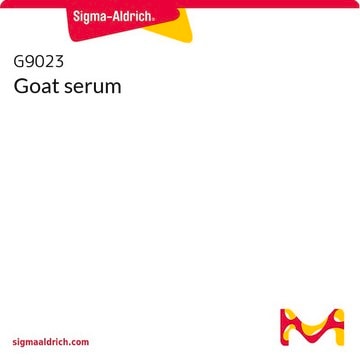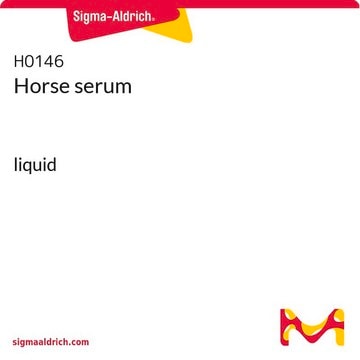추천 제품
생물학적 소스
rabbit
Quality Level
100
500
결합
unconjugated
항체 형태
culture supernatant
항체 생산 유형
primary antibodies
클론
SP156, monoclonal
설명
For In Vitro Diagnostic Use in Select Regions (See Chart)
양식
buffered aqueous solution
종 반응성
human
포장
vial of 0.1 mL concentrate (380R-14)
vial of 0.5 mL concentrate (380R-15)
bottle of 1.0 mL predilute (380R-17)
vial of 1.0 mL concentrate (380R-16)
bottle of 7.0 mL predilute (380R-18)
제조업체/상표
Cell Marque®
기술
immunohistochemistry (formalin-fixed, paraffin-embedded sections): 1:25-1:100
동형
IgG
제어
hepatocellular carcinoma, normal liver
배송 상태
wet ice
저장 온도
2-8°C
시각화
cytoplasmic, nuclear
유전자 정보
human ... ARG1(383)
일반 설명
품질
 IVD |  IVD |  IVD |  RUO |
결합
물리적 형태
제조 메모
기타 정보
법적 정보
적합한 제품을 찾을 수 없으신가요?
당사의 제품 선택기 도구.을(를) 시도해 보세요.
가장 최신 버전 중 하나를 선택하세요:
시험 성적서(COA)
활성 필터
자사의 과학자팀은 생명 과학, 재료 과학, 화학 합성, 크로마토그래피, 분석 및 기타 많은 영역을 포함한 모든 과학 분야에 경험이 있습니다..
고객지원팀으로 연락바랍니다.








